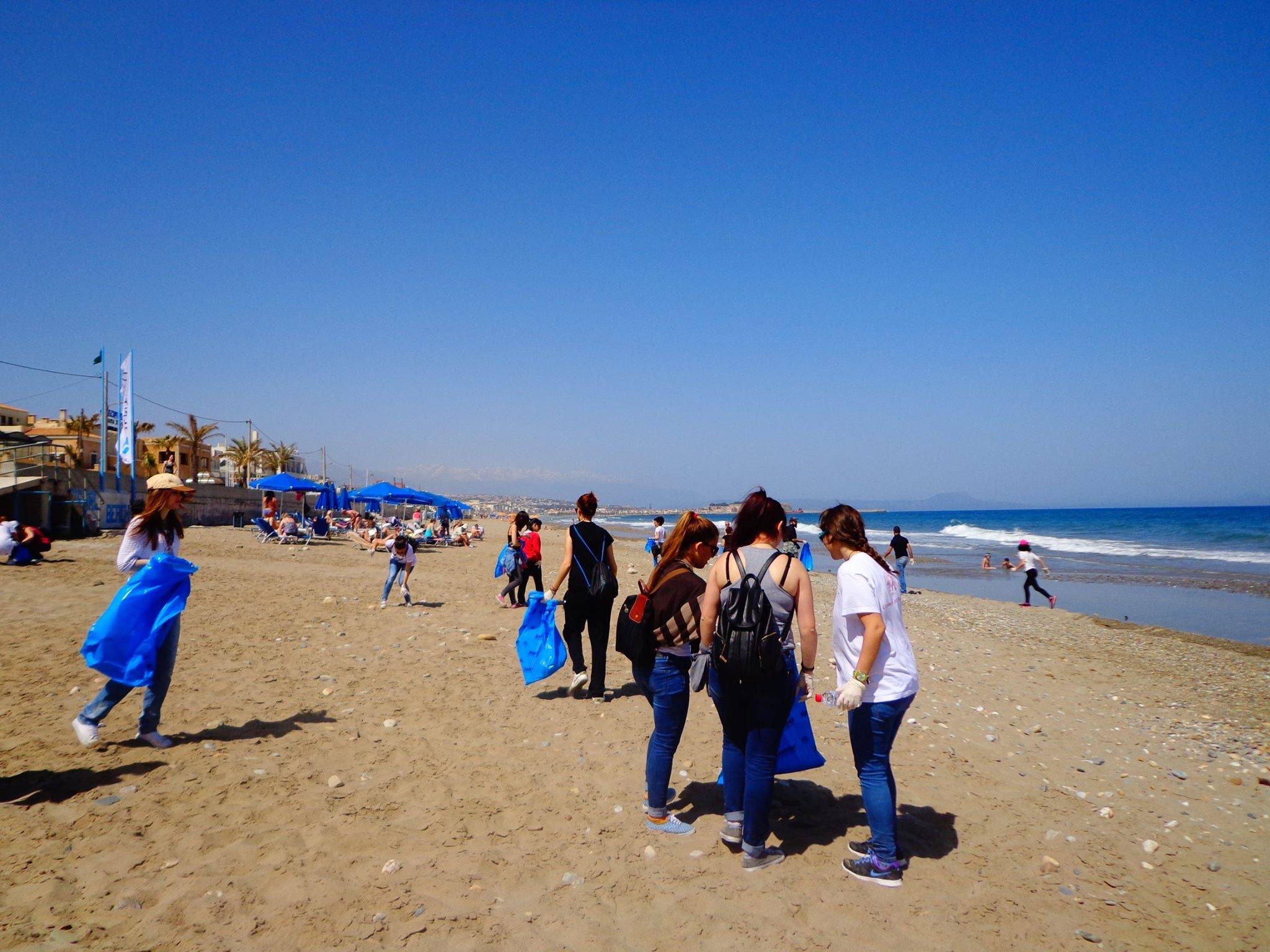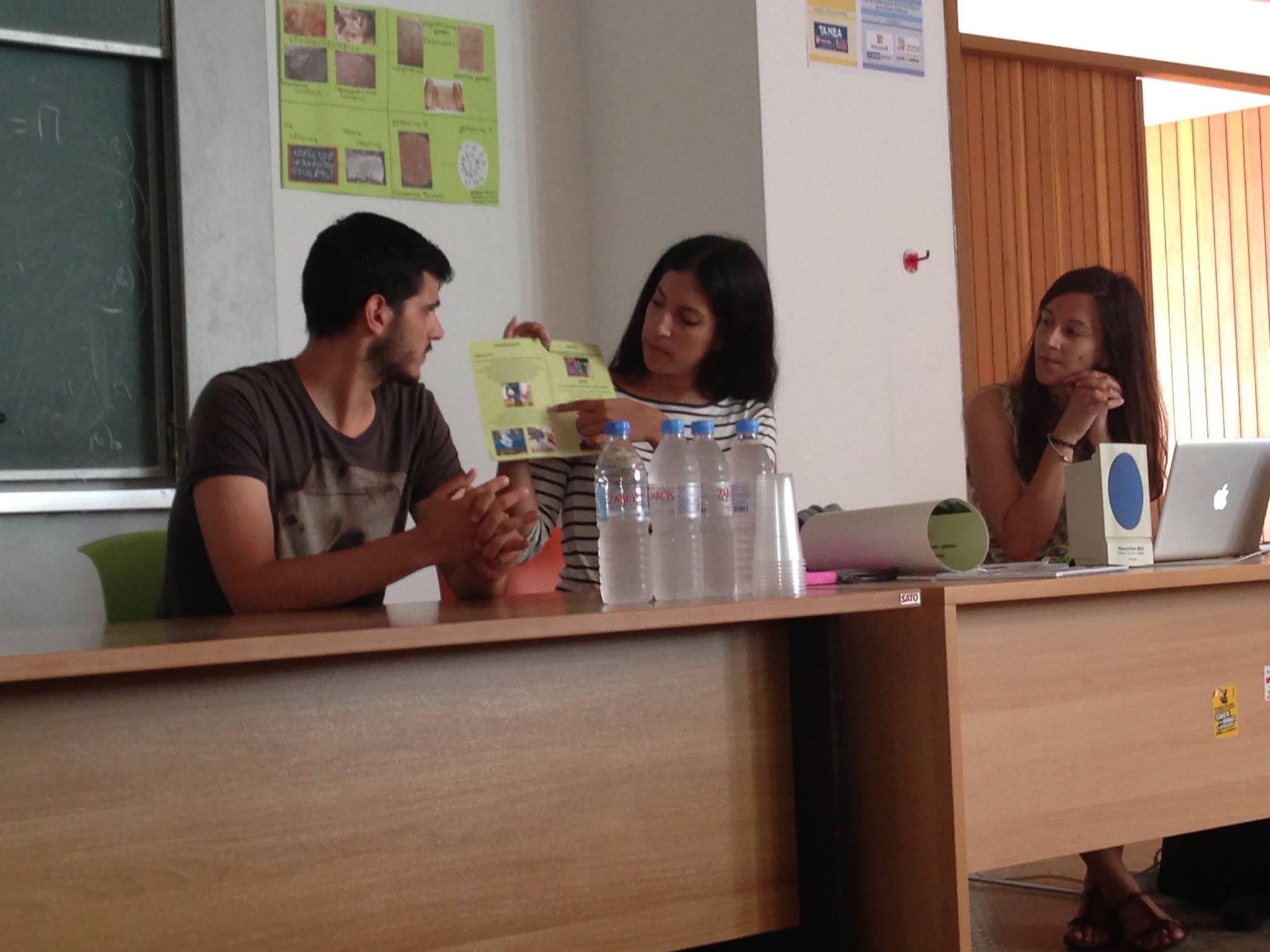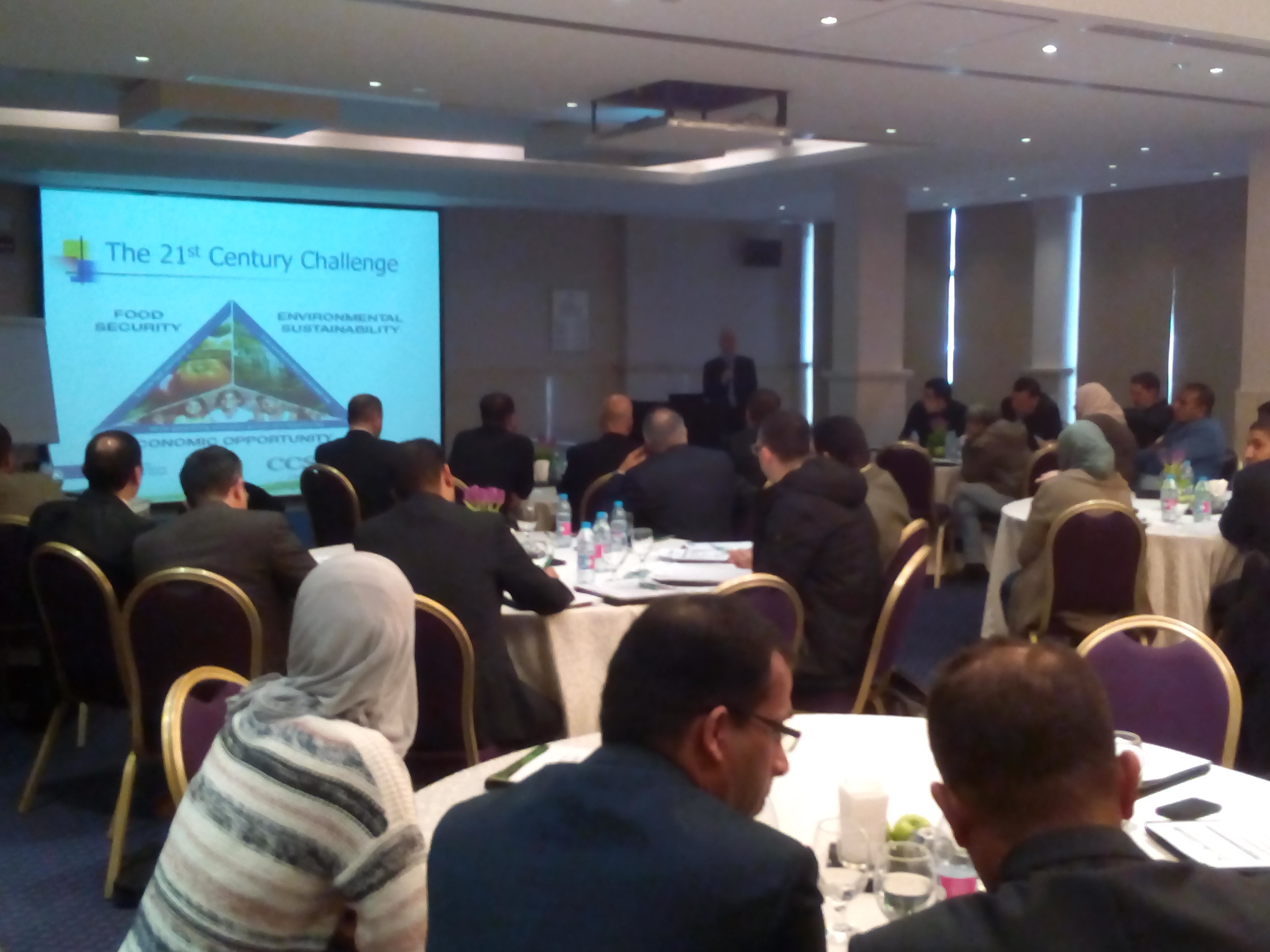
RCE Crete

 Overview
Overview
RCE Crete has been established with the aim of tackling a number of challenges that the Cretan region is facing such as:
- Stressed natural resources
- A changing climate
- Threatened biodiversity
- Alternative tourism development
- Loss of indigenous knowledge
- Soil degradation and unsustainable farming
RCE Crete focuses on the region of Crete, the biggest island in Greece and the second biggest, after Cyprus, in the East Mediterranean. It lies at the crossroads of three continents: Europe, Asia and Africa, covering an area of 8,336 sq.kms and 630,000 inhabitants. Crete is divided into four prefectures (Chania, Rethymnon, Heraclion and Lassithi) and 70 municipalities, each of which is consisted of various towns and villages. Cretan history starts at 6000 BC, but recent discoveries date human existence to Crete back to 135,000 years. The best known period is the Bronze Age (2600-1100 BC), the period of the Minoan Civilization. Crete is known for its fabulous natural beauty, diversity of landscape, 1040km-long coastline, mild climate and numerous cultural resources that constitute its principal tourist resources and economy along with agriculture.

Photo: Getting involved in cleaning the beaches (Photo credit: RCE Crete)
The vision of RCE Crete is to tackle the above mentioned the key challenges in the region and contribute to the promotion of Education for Sustainable Development.
Objectives include:
- Raise public awareness and action about the key sustainability issues in the region, especially as it concerns threatened biodiversity, sustainable agriculture, desertification, and traditional knowledge by involving local governments, cities/communities, schools and higher education institutions, business and households
- Bring about interregional and global collaboration with other RCEs, developing joint projects, research and mechanisms for sharing and disseminating accumulated knowledge, experiences, expertise and examples of good practices in ESD
- UNESCO Chair ICT in ESD, University of Crete
- Rethymnon Municipality
- MINOA Municipality
- Heraklion Municipality
- Crete Prefecture
- Rethymnon Chamber of Commerce
- AspNet local Cretan schools (UNESCO School Network)
- Earth Charter Hellas (Affiliate to ECI)
- CCSAFS Consortium
- ICTeEfS Consortium
- PUAT Consortium
- RefTeCp Consortium
- CLIMASP Consortium
- RUCAS Consortium
 Activities
Activities
- SDGs and Earth Charter advocacy and integration in course curricula
- Teacher in-service workshops on sustainability issues
- Raising public awareness on key challenges facing the region of Crete
- Participation in projects focusing on refugee, climate change and food security issues
- Promoting eco-cultural tourism in the region of Crete

Photo credit: RCE Crete
- University of Crete (October 2018 – June 2019): Integration of Earth Charter as a pedagogical tool in teacher education; involve students during their teaching practicum with community-based learning activities related to the four pillars of sustainable development
- MINOA Municipality (October 2018 – June 2019): Collaborating in planning eco-cultural tourism activities related to the Minoan Ancient Path
- CCSAFS Consortium (October 2016 – September 2019): Participating in a European Commission (Erasmus + CBHE) funded program for developing a MSc. Programme in Climate Change, Sustainable Agriculture and Food Security in Egypt and Jordan in cooperation with RCE Cairo and other higher education institutions and NGOs
- ICTeEfS (January 2019 – December 2022): Participating in a European Commission (Erasmus + CBHE) funded program for the development of an ICT-enabled in-service training of teachers to address education for sustainability in Malaysia in cooperation with RCE Penang; in Indonesia in cooperation with RCE Yogyakarta and in Vietnam in cooperation with RCE Southern Vietnam and other higher education institutions
- PUAT Consortium (January 2019 – December 2022): in a European Commission (Erasmus + CBHE) funded program for the professionalisation of undergraduate academic teaching in multiple disciplines to address SDGs in South Africa in cooperation with higher education institutions
- RefTeCp (January 2019 – December 2022): Participating in a European Commission (Erasmus + CBHE) funded program for the development of a refugee teaching certification program for Egyptian and refugee teachers enabled by blended learning in cooperation with RCE Cairo and other Egyptian institutions and NGOs
- Developing a digital repository of indigenous knowledge practices in the areas of health, agriculture, local food production, music and culture
- Campaigns for reducing plastic bags
- Connecting cultural heritage with eco-tourism and local history
- Raising public awareness on sustainability issues
- Performing street games for sensitising consumers in environmental issues
- Involving students in service-learning and community-based learning activities, especially with vulnerable groups
- Producing participatory video-clips focusing on environmental, social, economic and cultural issues and disseminating them through Youtube
- Developing educational materials, seminars, workshops and conferences focusing on sustainability issues
- Contributing in the reorientation of about 200 university courses to address sustainability
- Contributing in the development of 10 undergraduate minors focusing on climate change and sustainability policy

Photo credit: RCE Crete
 Projects
Projects
 Communication Channels
Communication Channels
 Contact Details
Contact Details
makrakis@edc.uoc.gr
nkostoula@edc.uoc.gr
Androutsou 8, 166 73 Voula, Greece


